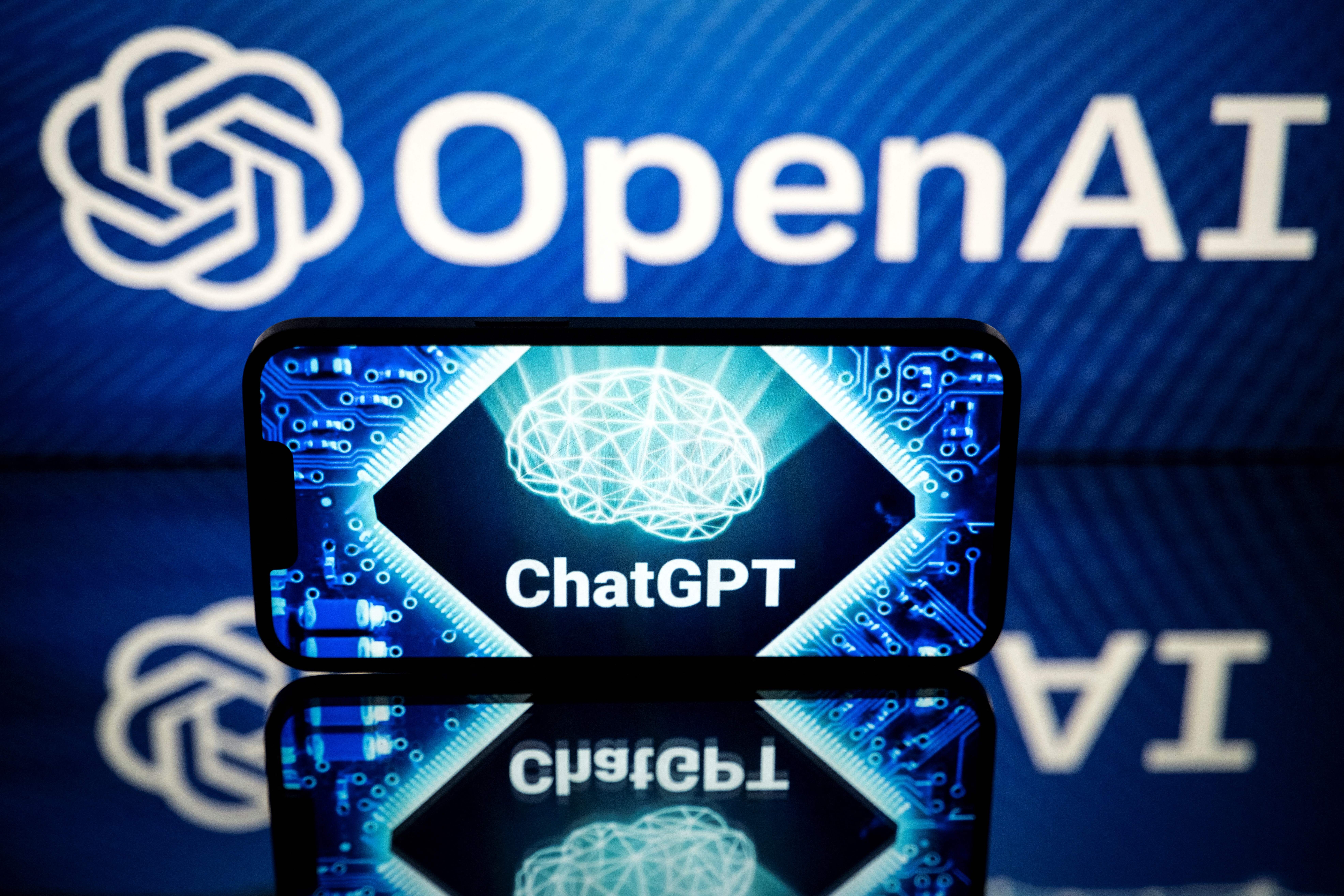
The Federal Trade Commission launched a wide-ranging inquiry into artificial intelligence pioneer OpenAI today, seeking to interrogate the company on a wide range of issues from protecting users’ data privacy to the details of training their large language models.
The request for information marks the most concrete regulatory push yet against the technology that grabbed worldwide attention last year, and offers a preview of the tools the federal government might bring to bear on a technology that Washington, states and world governments are struggling to come to grips with.
The probe relies heavily on the FTC’s existing consumer protection regulations — laws traditionally used to protect people from fraud or defective products — to lay down guardrails for this booming new industry as Congress struggles to catch up to the emerging technology and as states figure out their own AI laws. The investigation makes good on FTC Chair Lina Khan’s threat two months ago to use existing laws to address the threads of generative AI.
Observers said it is a notable moment. “Until the FTC’s investigation, OpenAI and similar companies have largely been left alone to develop AI without government interference,” said Kathleen Benway, a partner at the law firm Alston & Bird and a former chief of staff at the FTC’s bureau of consumer protection. “The FTC’s investigation may pull back the curtain on how this technology has been developed and deployed.”
Absent national laws on AI, some states have issued rules on AI’s use in hiring and the insurance sector — with Massachusetts introducing a hefty AI bill Thursday. Meanwhile, lawmakers in Congress have held numerous hearings about AI, but any federal legislation may take months to pass.
If the FTC’s investigation reveals that OpenAI engaged in unfair and deceptive practices, including consumer harm, Benway said OpenAI and similar companies could be subject to restrictions on the future use and development of AI models. The FTC has previously required companies that trained their algorithms on consumer data without permission to destroy those models. “That could also be at play here,” Benway said.
The investigation, first reported by the Washington Post and separately confirmed by POLITICO, asks OpenAI to hand over documents that could reveal whether the company has engaged in unfair or deceptive practices relating to consumer harm, privacy or data security. This includes a request for documents and communications involving any complaints about people’s privacy and safety, as well as instances where ChatGPT made inaccurate or disparaging comments about individuals.
An FTC spokesperson said the agency could not comment on any ongoing investigations.
OpenAI CEO Sam Altman was previously lauded when he appeared before Congress in May to call for regulations on his industry.
The FTC, and Chair Lina Khan, have hinted that they would rely on existing laws to regulate AI, especially if the technology is used to deceive consumers.
In her May Op-Ed published in the New York Times, Khan said “As companies race to deploy and monetize A.I., the Federal Trade Commission is taking a close look at how we can best achieve our dual mandate to promote fair competition and to protect Americans from unfair or deceptive practices.”
So far, Khan’s approach to establishing the FTC’s dual mandates of antitrust and consumer protection as FTC chair has received mixed reviews from Congress, with some critics accusing her of exceeding her authority.
“The FTC has been very active in trying to put itself front and center on generative AI issues,” said Christine Lyon, a partner and global co-head of data privacy and security at law firm Freshfields Bruckhaus Deringer. “It's really making the argument to say, look, we don't need AI specific laws to be able to regulate in this area,” Lyon added.
The agency's request for information, essentially a subpoena, asks OpenAI to submit detailed descriptions on how their large language model works, and who has access to their models.
The scope and detail in the request is “quite common” for this sort of investigation, Lyon said. The FTC is “trying to understand more largely, how does this technology work, industry practices and so forth,” she said.
The FTC probe is the latest challenge to OpenAI. The company is currently facing multiple class-action lawsuits over the data it uses to train AI models.
Still, it’s early days yet for the probe, which at this stage is usually kept confidential. While the investigation could still go in OpenAI’s favor, the details disclosed so far could serve as a warning to other AI developers since the leaked probe provides details on what the FTC will look at when considering regulatory action, Benway said. The FTC is looking for evidence on whether OpenAI’s AI products or the marketing around it was unfair to, or deceived consumers in any way.
Congress could take a “wait and see” approach as the FTC investigation goes through its paces, Benway said. Still, the FTC’s inquiry focuses primarily on data security and privacy, Lyon added, saying the pressure was still on Congress to be “looking more holistically at AI.”
We shouldn’t expect to see any results in the immediate term, since the FTC’s investigations “typically last a year or more,” Benway said.
OpenAI did not immediately respond to a request for comment.
Josh Sisco contributed reporting to this story.







